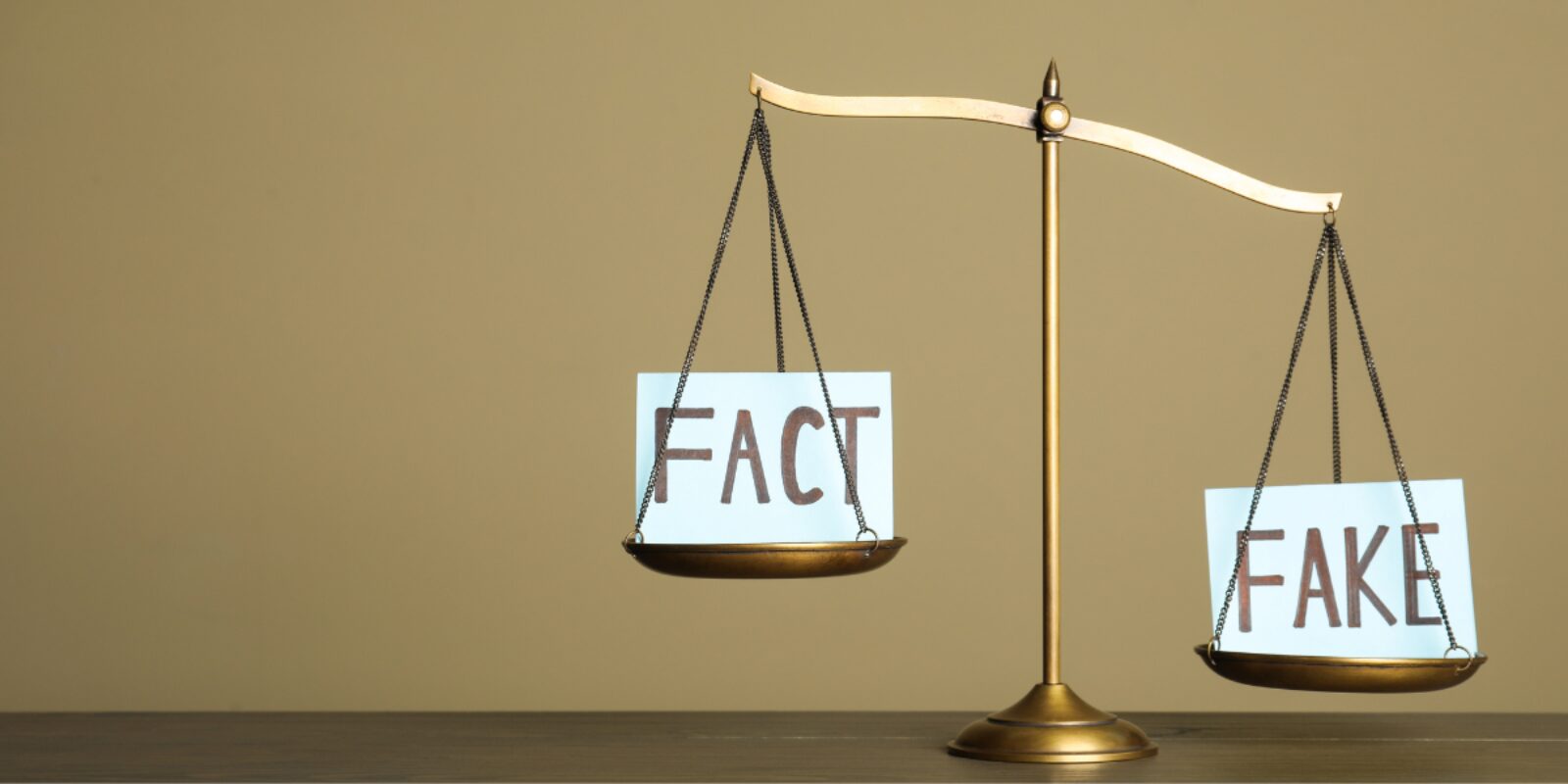March 26, 2025
In the current media environment, with content produced using artificial intelligence and the potential for information overload, individuals must be discerning to spot bias, identify false claims, and limit the spread of incorrect information. A few principles can be helpful strategies when consuming health or other information online:
- Identify the source: assess its biases or motivation in sharing the information. Ask questions to understand where a claim may have originated.
- Verify, verify, verify: find multiple reputable sources for a claim. Websites and images may appear legitimate at first glance, but may have been engineered to promote an agenda.
- Pause before sharing: media platforms are designed to elicit emotion and action, regardless of content.
Public health advocates and professionals can take additional steps to limit the spread of misinformation and disinformation and promote factual, evidence-based information. The foundation cultivated several resources for effective health communications during the rollout of the COVID-19 vaccine; they can be viewed on our website. In addition, the World Health Organization (WHO) and the U.S. Surgeon General have previously issued advisories with actionable steps to counter misinformation and disinformation, which can be viewed on the WHO website and in the 2021 U.S. Surgeon General report, “Confronting Health Misinformation.”

